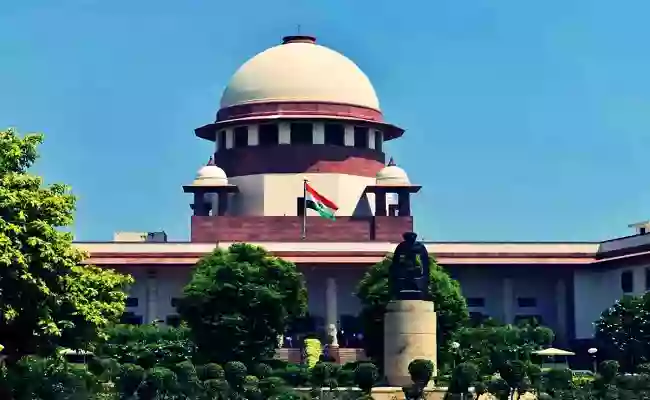.gif)
.gif)

The hearing in the Article 370 case, relating to revoking of special status to the state of Jammu and Kashmir by the government of India, began on Wednesday with senior advocate Kapil Sibal submitting to the court that Article 370 could not have been abrogated by the President of India and can never be abrogated.
Sibal, who is representing Mohammed Akbar Lone of National Conference, argued that “according to Article 370, it can only cease to be operative on the recommendation of the Constituent Assembly of the State. And when such Constituent Assembly is not there, there can be no abrogation.”
Taking the five-judge constitution bench of Chief Justice of India DY Chandrachud, Justice Sanjay Kishan Kaul, Justice Sanjiv Khanna, Justice BR Gavai and Justice Surya Kant through Article 370 sub clause 3, Sibal said, “Before the President of India issues any order revoking Article 370, recommendation of Constituent Assembly of the state was required. This is what the Constitution makers envisaged. Once constitution is drafted, all institutions under Constitution are governed by Constitution, those institutions are limited in exercise of their power by the Constitution. Parliament cannot convert itself into a Constituent Assembly of the state. Today, Indian Parliament cannot say we are the constituent Assembly of the state, they cannot pass a law, which is outside their remit.”
Sibal even argued that other way of reading the Article 370 would be undemocratic. He submitted, “You cannot jettison the people of Jammu and Kashmir and decide, then what is the difference between this act and act of crown, this is an act of paramountcy.”
Sibal also persuaded the court to look at Article 370 to be temporary in nature between the period 1951 and 1957 as during this period Constituent Assembly of Jammu and Kashmir came into being and decided the relationship it will have with the rest of India. He argued that “Article 370 was a temporary provision but after the dissolution of Constituent Assembly, it became a permanent part of constitution.”